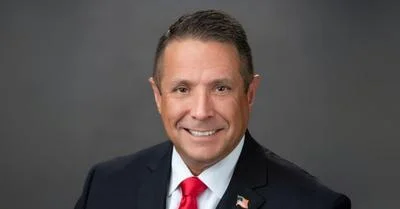Brad Close President | NFIB Hampshire
Brad Close President | NFIB Hampshire
State lawmakers in New Hampshire are currently reviewing over 1,000 bills introduced at the General Court during the first month of the legislative session. The National Federation of Independent Business (NFIB) New Hampshire is actively engaging with legislators and providing testimonies to support its members' rights to manage and expand their businesses.
House and Senate Committees are evaluating numerous proposals each week. One such proposal is HB 155, backed by NFIB, which aims to reduce the Business Enterprise Tax from 0.55% to 0.50%. This reduction could save employers approximately $20 million over three years.
Despite ongoing financial pressures from spending increases in recent years, tax relief prospects remain uncertain. NFIB continues advocating for reductions in the Business Enterprise Tax, Business Profits Tax, and property taxes.
Several employment mandates are under consideration this year, including bills requiring payout of unused PTO/vacation upon job separation (HB 378), a $15/hour statewide minimum wage (SB 176 and HB 726), automatic awarding of attorneys fees for workers compensation complaints (HB 299), and increased unemployment benefits (HB 542).
In healthcare costs, various bills propose mandatory coverage for specific medical equipment and procedures under commercial health insurance plans. NFIB expresses concern that these mandates widen the affordability gap for small businesses, as they primarily affect fully-insured markets not applicable to self-insured plans.
A notable bill is HB 238 on Right to Work legislation, which passed a House committee vote after extensive testimony. NFIB NH members broadly support this policy change, emphasizing economic benefits such as population growth and higher employment rates. Rep. Brian Labrie voiced strong support for Right to Work during a recent session.
Energy costs are also addressed with HB 224 proposing rebates up to $7 million annually back to electric utility ratepayers from Renewable Portfolio Standard compliance payments. Lawmakers seek more transparency regarding fund dispersal but see this as a minor step toward reducing electricity expenses.
These legislative activities reflect some of the critical issues being monitored by NFIB at the State House. For further input or inquiries on these matters, contact John Reynolds, NFIB New Hampshire State Director.
ORGANIZATIONS IN THIS STORY
!RECEIVE ALERTS



 Alerts Sign-up
Alerts Sign-up